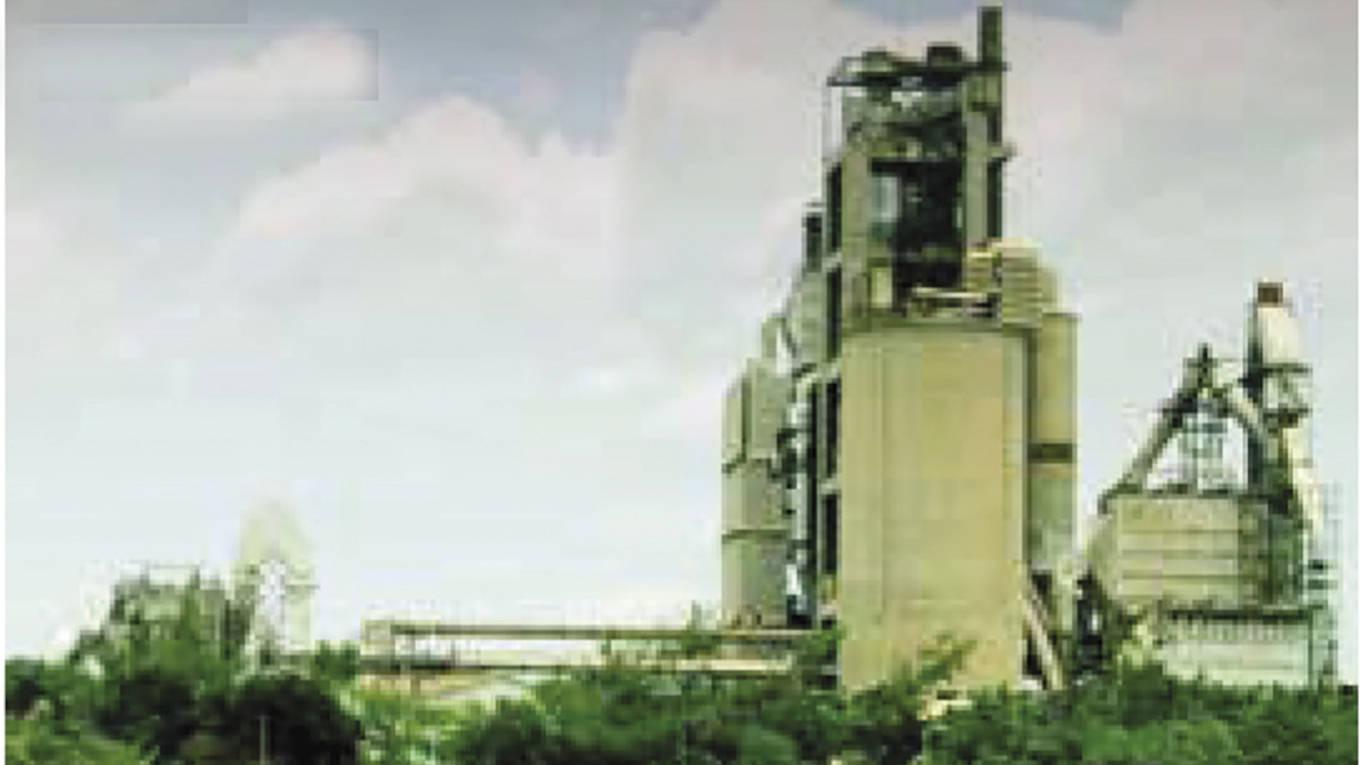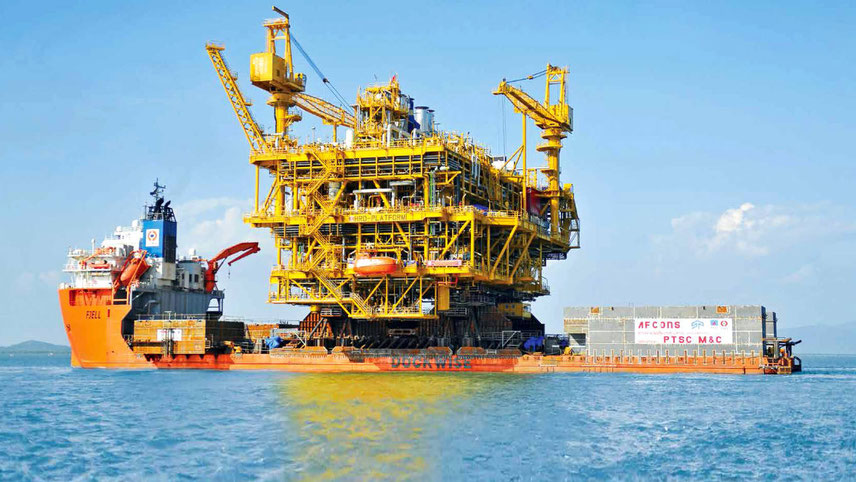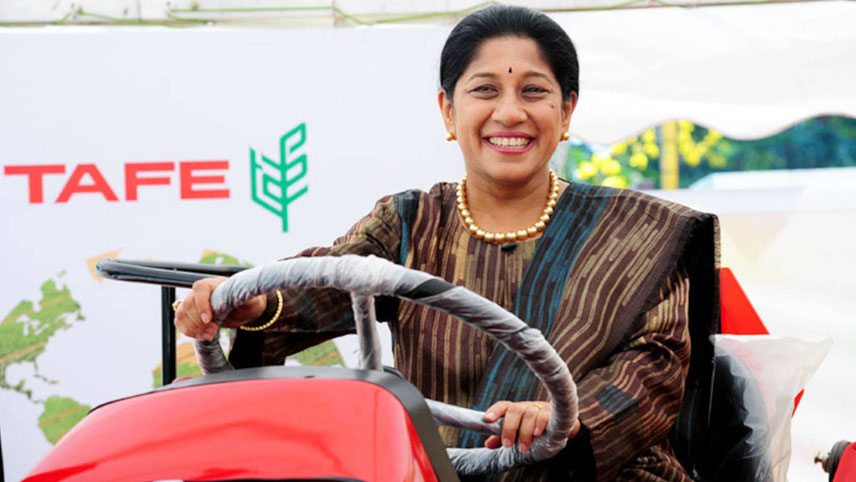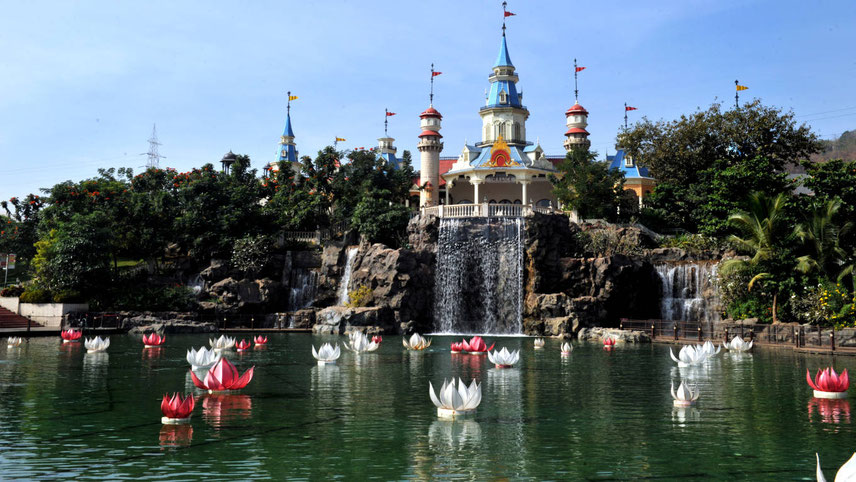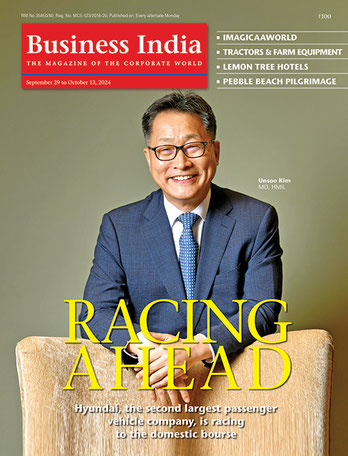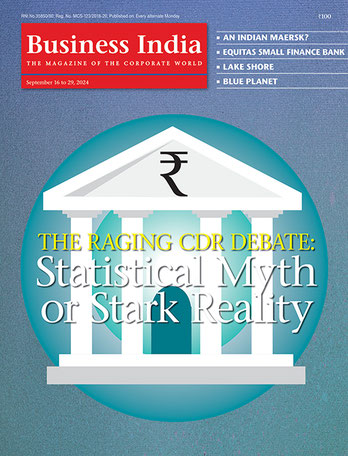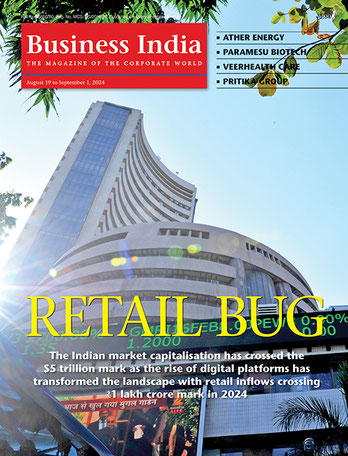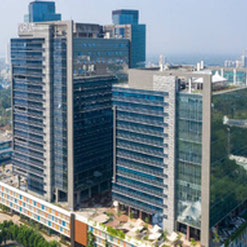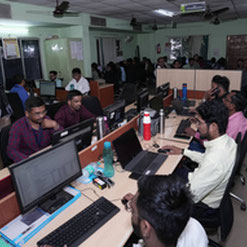-
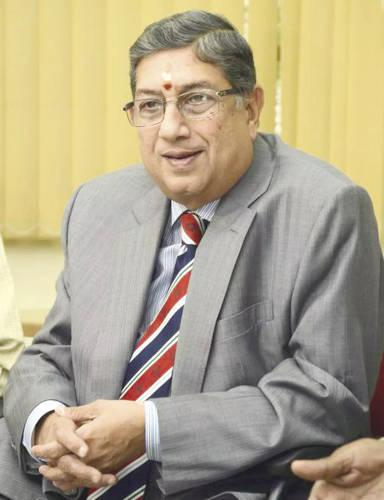
Srinivasan: passionate about India Cements
ICL was at a disadvantage vis-a-vis its peers, even in the South. It has a lot of legacy plants around it, which are adding up to its production cost, making it uncompetitive in the marketplace. No doubt, ICL has realised this. Based on the advice of a global consultant, the company has already taken steps to modernise its plants – in a calibrated manner, though. That will take a while to show results, however.
What is hurting ICL at the moment? Well, it is unable to push up sales volume. This inability is causing pain especially since the demand is picking up and input costs are sliding. The reasons aren’t far to seek.
The silver lining
Legacy plants and working capital issues are adding to its woes. Viewed against these backdrops, it is not difficult to conclude that the advantage is clearly with the competition.
The silver lining for ICL is the fact that it has an asset-rich balance-sheet. ICL has substantial land assets. Srinivasan has time and again in the past has indicated that ICL will not hesitate to sell unproductive land assets to tide over fund needs.
In fact, it has indeed sold a few land parcels. It has recently sold a grinding unit at Parli. Late last year, ICL inked a pact with UltraTech Cement for the sale of land measuring 73.75 acres located in Vizianagaram district, Andhra Pradesh, for Rs70 crore. In October 2022, it also sold its limestone mining subsidiary Springway Mining (SMPL) to Parth Jindal-led JSW Cement for Rs476.87 crore. SMPL owns limestone-bearing land in Madhya Pradesh, where it was planning to set up a cement plant. Limestone is an ingredient used in making cement.
ICL had acquired SMPL in October 2018 for Rs182.92 crore and its sale four years later was a reflection of the reality faced by the largest cement producer in south India.
With Srinivasan himself on the wrong side of the 70s, ICL is going through a crucial phase. It is also seeing an organisational change with old guards yielding place to newer professionals. Against this backdrop, the UltraTech buy in ICL has assumed considerable significance for the cement industry in the South, in general, and ICL, in particular.
The moot question is: why did UltraTech decide to stop at 23 per cent? Why did India Cement management not officially comment on the UltraTech move? Interactions with several sources indicate that the UltraTech-Damani deal could have happened with the knowledge of Srinivasan, a dominant personality in the Indian cement world who was also instrumental in the industry reaching smooth wage accord with unions a number of times. Informed sources aver that the Birlas are wiser in stopping short of the take-over trigger of 26 per cent. Given the situation, the Birlas, sources said, have rightly chosen to play a waiting game.
-
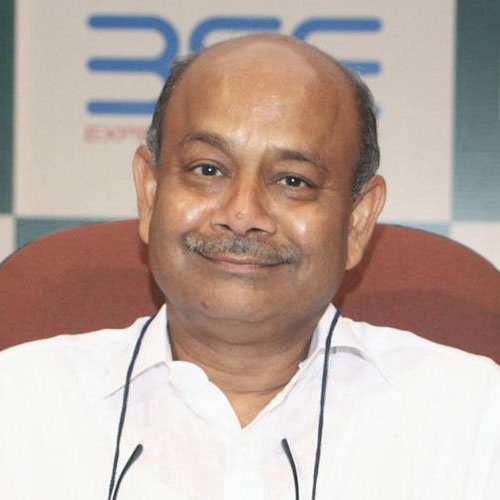
Damani: cashed-out happily
Srinivasan breathes cement. He is passionate about his organisation. There are no two views on this. Yet, he is also acutely aware of the fast-changing dynamics in the cement industry. The current situation (the UltraTech share buy in ICL), perhaps, may not be unfamiliar to him. All along, he has run the ICL – whose history goes back to the pre-Independence days – in a co-existing system. Initially, he worked with the Chemplast group as a co-promoter. When ICL co-promoter – Sanmar group of N. Sankar – wanted to exit the company in late 2005, Srinivasan bought him out by buying 11.91 per cent shares for about Rs190 crore.
Post-Sanmar group exit, he and his brother N. Ramachandran became the promoters of ICL. In August 2009, Ramachandran chose to cash out. Subsequently, he carried on with Radhakishan Damani of DMart as passive investor. With the Damanis selling their stake to UltraTech Cement, Srinivasan has to co-exist with the Birlas now.
The way things have panned out so far, it appears a win-win for all the three players. Damani has cashed out happily. Birlas have gained more than a toe-hold into ICL, while, for now at least, choosing to stop at the level of financial investor. Given the stature of Srinivasan and also considering his age, the Birlas have taken a wise course. For Srinivasan, this time, he has to co-exist with a financial investor, who is also a cement maker.
For stakeholders across the canvas, this could be a welcome development. After all, Birlas have a rich background in terms of culture and values. That bodes well for India Cements. What adds credence to the emerging new setting is the unreported informal confabulations at India Cements a few days prior to the sale of stake by Damani in the open market to UltraTech. What lies ahead of India Cements is difficult to fathom at the moment. One thing is sure, however, ICL is now facing a new normal.
-
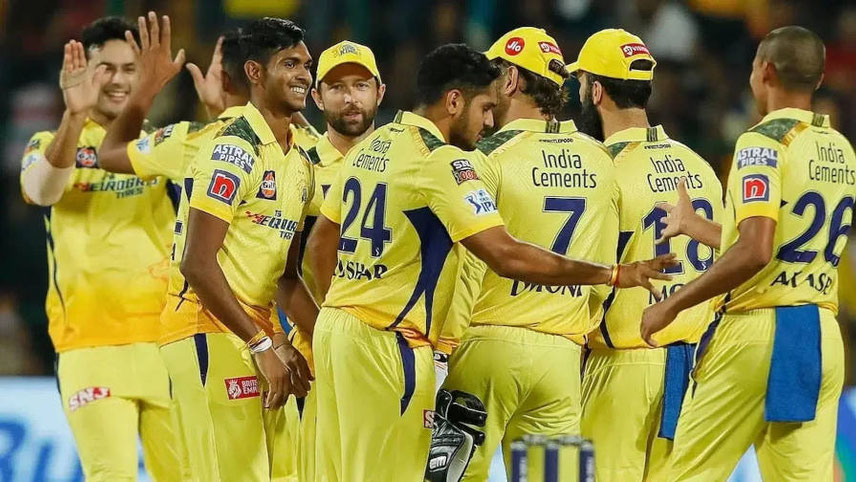
CSK was created as a division of India Cements
Close to heart
What will be the impact of UltraTech’s acquisition of shares in India Cements on Chennai Super Kings Ltd (CSK), the Chennai team in the IPL (the Indian Premier League)? None, it appears.
India Cements was originally the franchise owner of the IPL Chennai Super Kings team. CSK was created as a division of India Cements. When the controversy over the conflict of interest broke out, with N. Srinivasan heading the BCCI (Board of Control for Cricket in India), the cement company hived off CSK as an independent company in early 2015. Consequently, each shareholder of India Cements was allotted CSK shares in proportion to the holding in ICL.
Thus, CSK shareholding pattern became a mirror image of the shareholding pattern in India Cements. Since Srinivasan and his family had 29 per cent stake in India Cements, they were allotted 29 per cent shares in CSK too. Subsequently, when the conflict-of-interest issue was sought to be escalated in the wake of his daughter Rupa Gurunath getting elected as president, Tamil Nadu Cricket Association (TNCA), the promoters transferred their entire holding in CSK to a trust formed to benefit the cricketers employed by India Cements. When Rupa gave up the TNCA position, the dynamics completely changed.
With no positions in the cricket administration, the conflict-of-interest issue surrounding the promoters disappeared into thin air. Much water has flown under the bridge since then. Srinivasan and his family have also returned as promoters of CSK, as they quit the positions they held in national and state-level boards.
The changes in the list of promoters and their shareholdings were published in the Chennai Super Kings Annual Report, 2022-23. The rejig came about after the India Cements Shareholders Trust distributed almost its entire holding of CSK shares to eligible promoter and non-promoter shareholders of India Cements.
The stake held by the India Cements Shareholders’ Trust came down to 1.76 per cent in 2022-23 from over 30 per cent in the previous year. The trust distributed 384,882 CSK shares to non-promoter shareholders of India Cements and 86.7 million shares to promoters of India Cements, according to the annual report.
Srinivasan and his family now own 28.14 per cent of CSK. The latest annual report lists seven names as promoters: EWS Finance & Investments (21.47 per cent); Rupa Gurunath, as trustee of the Financial Services & Securities Services Trust (6.48 per cent); N. Srinivasan (0.14 per cent); Chitra Srinivasan (0.02 per cent); Rupa Gurunath (0.01 per cent); S.K. Ashok Baalaje (0.02 per cent); and Rajam Krishnamurthy (1,940 shares). None of these seven promoter names held any CSK shares in the previous year.
It is gleaned from top sources that the promoters have since beefed up their holding in CSK to comfortably secure their position in CSK, which is spreading its cricket activities within and outside the country.
The Damanis, it may be recalled, had started buying into India Cements shares only since 2019 – a few years after the formation of CSK as a separate company. The action on the India Cements front, in the wake of UltraTech buying ICL shares from Damanis, must be read taking this into account and viewed independently.
What is well-known is the fact that Srinivasan has been a passionate promoter of cricket and cricketers. His organisation is known to patronise cricket at various levels for a good number of decades now. The family, if indications are to go by, continues to hold cricket dear to it.
